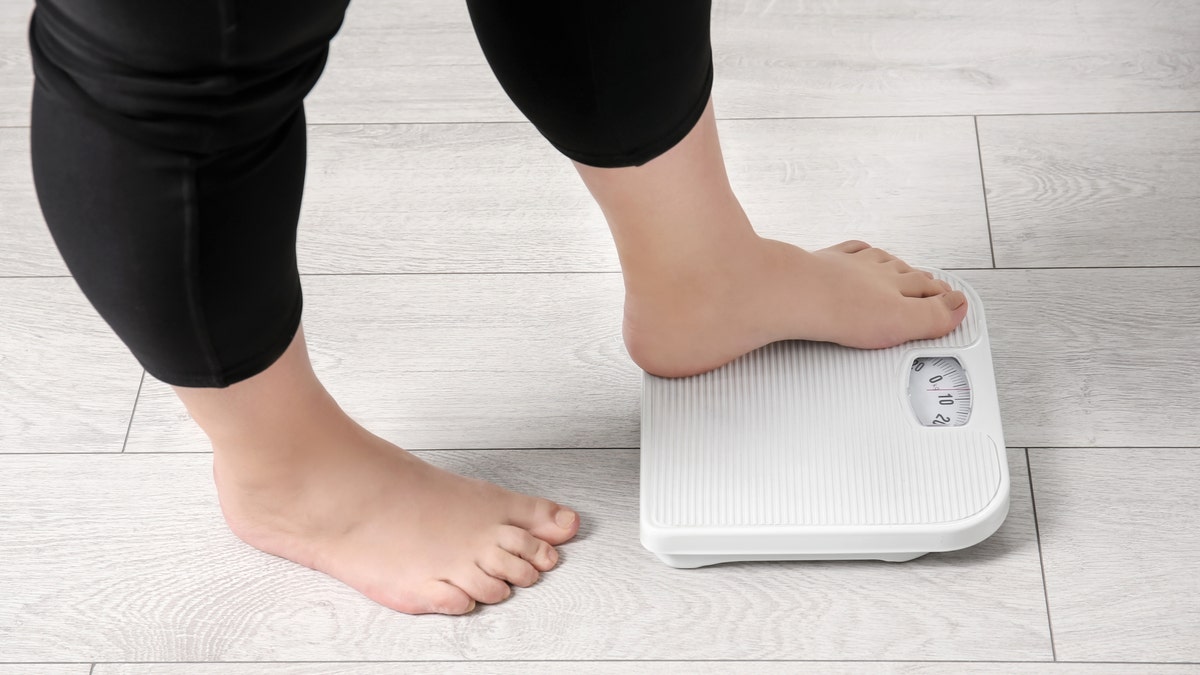Houston is facing a significant increase in syphilis cases, particularly among women, as public health resources dwindle due to funding cuts and clinic closures. The city's health department reported a 128% surge in cases among women, contributing to a disturbing nine-fold increase in congenital syphilis across Houston and Harris County.
Between 2019 and 2022, new infections climbed by 57%, from 1,845 to 2,905. For women, the numbers are even more alarming, with 674 cases reported in 2022 compared to just 295 in 2019. Congenital syphilis cases also witnessed a dramatic rise, increasing from 16 cases in 2016 to a staggering 151 in 2021 (the most recent year with available data).

To combat this escalating crisis, the Houston Health Department is launching a rapid outreach initiative. This includes increased syphilis screening opportunities, focused efforts in high-risk areas, and collaboration with community partners to prevent further infections. The department is also waiving all clinical fees for sexually transmitted infections at its health centers and expanding the reach of its mobile HIV/STD clinic.
Health officials stress the critical importance of prenatal care and regular syphilis testing for pregnant women. Untreated syphilis during pregnancy carries severe risks, including stillbirth and infant mortality. Marlene McNeese Ward, a deputy assistant director in the department’s Bureau of HIV/STI and Viral Hepatitis Prevention, emphasized the need for pregnant women to get tested for syphilis three times during their pregnancy – at their first prenatal visit, during the third trimester, and at delivery.

Furthermore, individuals with syphilis face a heightened risk of HIV infection due to the painless sores that develop during the disease’s initial stage. While syphilis is treatable with antibiotics, if left unchecked, it progresses to a secondary stage characterized by skin rashes. Often, syphilis goes undiagnosed because symptoms are either overlooked or misinterpreted.

The Houston Health Department recommends syphilis testing not only for pregnant women but also for individuals who have had unprotected sex, those with multiple sexual partners, men who have anonymous sexual partners, and anyone recently diagnosed with another sexually transmitted disease.








